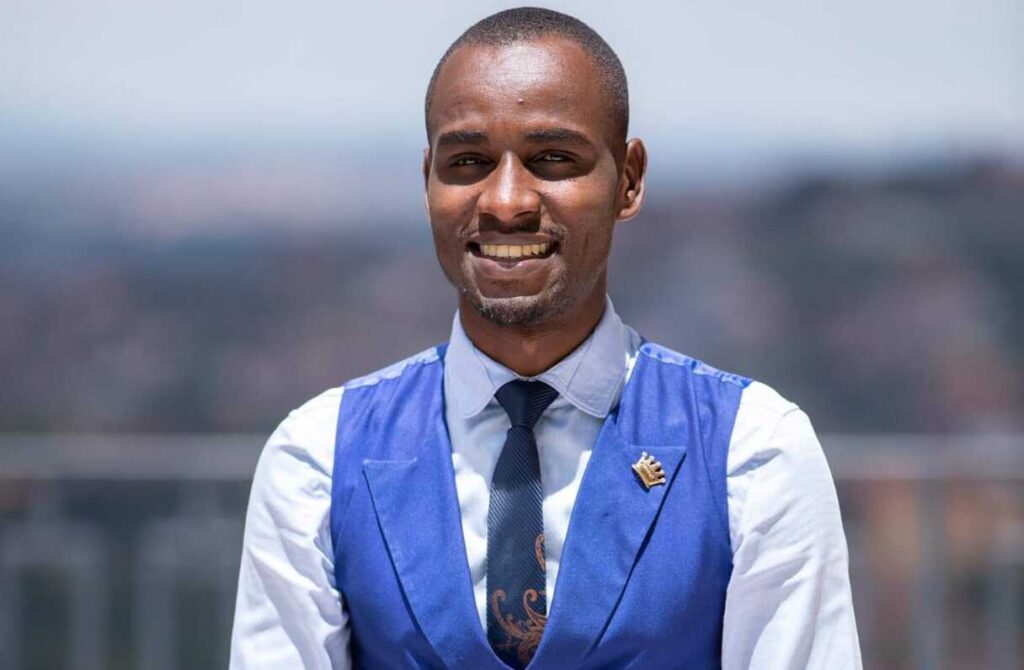We caught up with the new journalist, Kagoro Joshua from the Naguru based NBS TV. This is a story of hope, pain, hustling and resilience of a regular Ugandan gentleman who chased his dream down to smithereens. Smithereens are the tiny particles that remain when something is crashed or blown up. That’s how personal the story of Joshua Kagoro is until he joined NBS Television. Enjoy reading! Follow him on X (formerly Twitter).
Table of contents
Who is Joshua Kagoro?
Kagoro Joshua is a professional Ugandan journalist who reports news on NBS television at the time of writing this article. He proudly declares, “I am my mum and father’s first-born son, someone yet to be a husband, and a Ugandan.” Born in January 1994 in western Uganda to Mbabazi Janet and Charles Kagoro, he recounts his upbringing, moving between Kasese, Sheema, Bushenyi, Mbarara, and Fortportal.
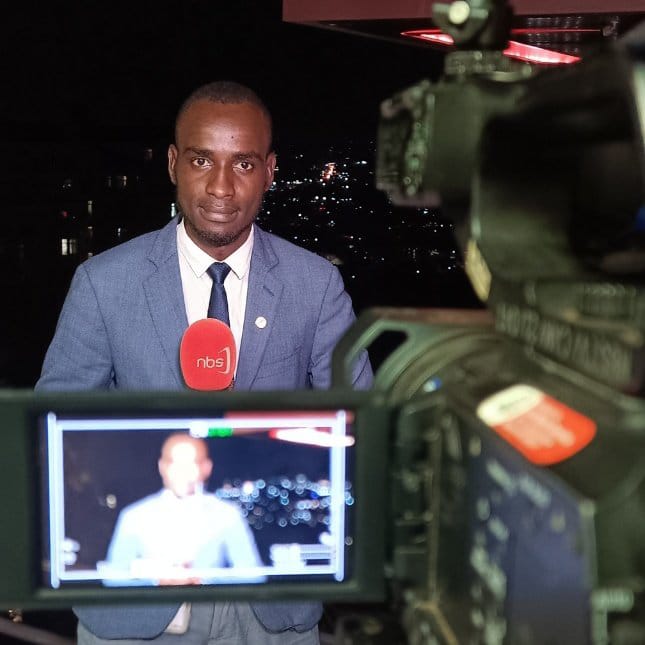
Joshua shared with Kampala Edge Times a personal aspect of his upbringing. He smirked, telling us, “I didn’t grow up with my biological parents, but with my mum’s relatives in many households. These included Kasese, Fortportal, Sheema, Bushenyi, Kiruhura, Mbarara, and Kampala.” He talked about his mother’s struggle and her separation from his father, acknowledging her resilient belief in the value of education. “But she understands the value of education,” he affirms. Joshua also expressed his desire to see everyone thrive and fulfill their God-given potential in life. One may sympathize with such an upbringing, but not Kagoro himself! “This shaped me into the man,” he added, “I am, and I appreciate that I was raised that way.”
Where did Joshua Kagoro attain his education?
Joshua recalls attending Kahendero Primary, Muhokya Primary, and Runyinya Primary for his P7. He shares, “I went to Sheema for O’ level then Bushenyi for A’ level.” After facing financial constraints, he stayed home for two years after finishing secondary education in December 2013. Joshua then moved to Kampala in 2016 to pursue opportunities outside of formal education due to a lack of funds for university.
From a young age, Joshua harbored a passion for journalism. “Since day one, from primary, I always wanted to be a journalist,” he asserts. He reminisces about his role as the information prefect in his S5 at Ruyonza. There, he would deliver news updates during assembly. “So, it was inbuilt; I fell in love with what I used to do best,” he says.
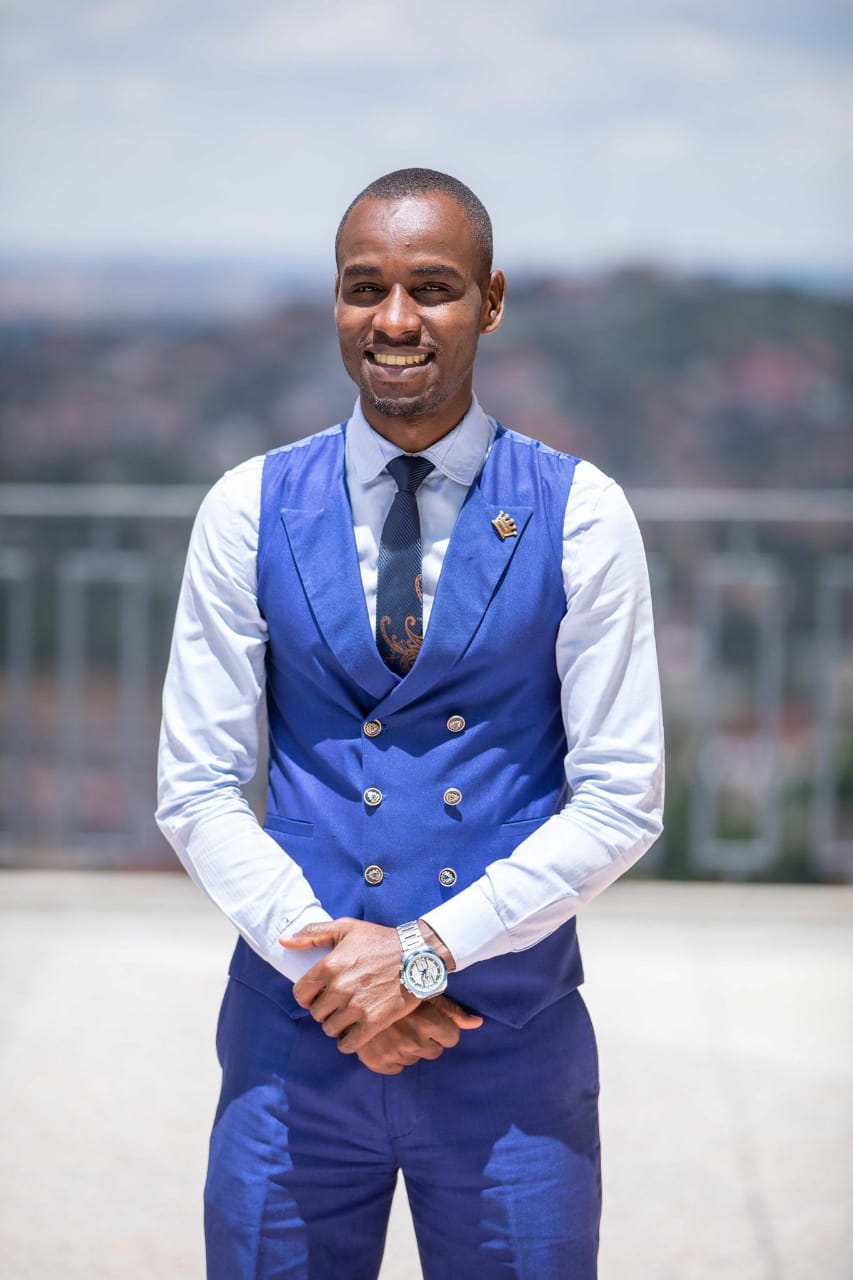
So, which figures inspired the NBS TV news reporter?
Joshua Kagoro was inspired by local and international media personalities such as Solomon Serwanjja, Jeff Koinange, John Allan Namu, and Maurice Mugisha. Wholeheartedly, Joshua aspired to excel in tele-journalism. He also told Kampala ET about his admiration for reporters on NTV and NBS. There he emphasized the impact of radio on his upbringing and his dream of working for BBC. Joshua adds, “After my S.6, I started reading The Independent magazine, bought by Living Twikirize, my closest friend and a distant relative.” He reminisces about devouring every article of “The Last Word” by Andrew Mwenda, which played a significant role in fueling his passion for journalism.
What made Kagoro and his father to disagree?
Joshua Kagoro recounted that his father had been a soldier in his early days. For this reason, he had a strong desire for Joshua to follow in his footsteps by joining the army “cadet” after completing his S.6. Despite his father’s insistence, Joshua maintained a noncommittal stance. Kagoro preferred to pursue university education in Journalism and acquire practical skills for employment. Despite continuous reminders from his father about the benefits of joining the UPDF like his cousins and other relatives, Joshua remained uninterested. Eventually, his father resigned to his decision, although he now takes pride in his achievements. However, Joshua told us that his youngest sibling later opted to join the army.
How did Joshua Kagoro eventually join NBS Television?
Finally, the present-day news reader completed a diploma in Journalism and Mass Communication at YMCA. Now, Joshua embarked on his professional journey. He started freelancing for UBC for 16 months before joining Sanyu FM for another six months. Unfortunately, he faced hardships, including financial struggles and relying on friends for support. Regardless, Kagoro remained dedicated to his passion. In November 2023, Joshua joined NBS TV, where he found fulfillment in covering current affairs and business stories. He describes NBS as a platform for growth and learning. For Joshua, journalism is not just a career but a calling to tell impactful stories and inspire change, particularly in Africa, which he believes has yet to realize its full potential. “I have been in active journalism for only 2 years,” says Kagoro, “I’m a poet and a copywriter, communication strategist, content creator, presenter, communicationalist, and events host.”
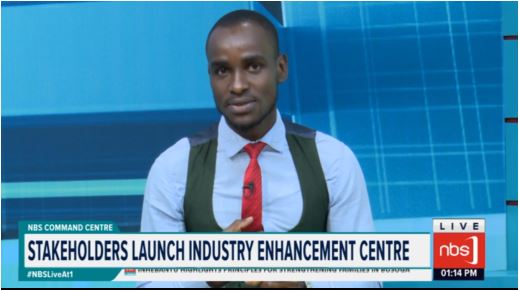
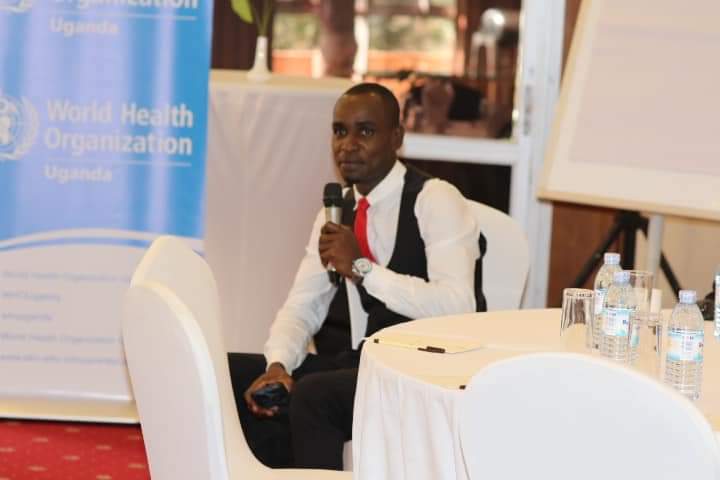
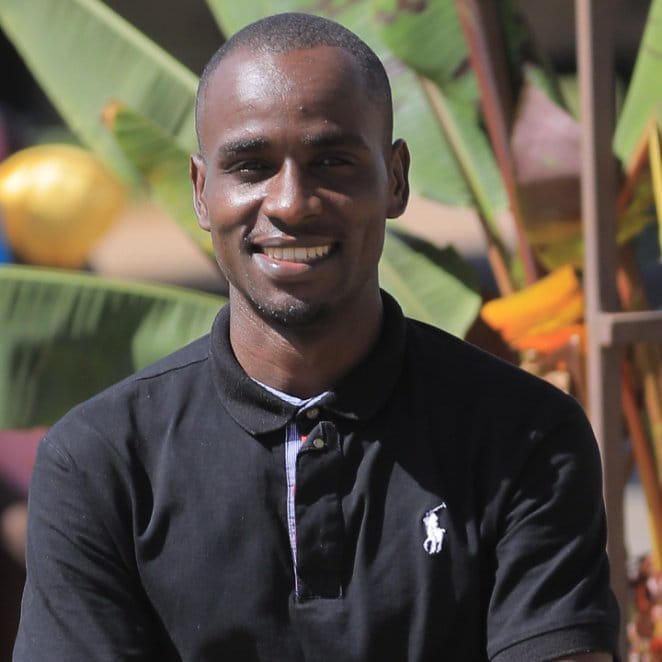
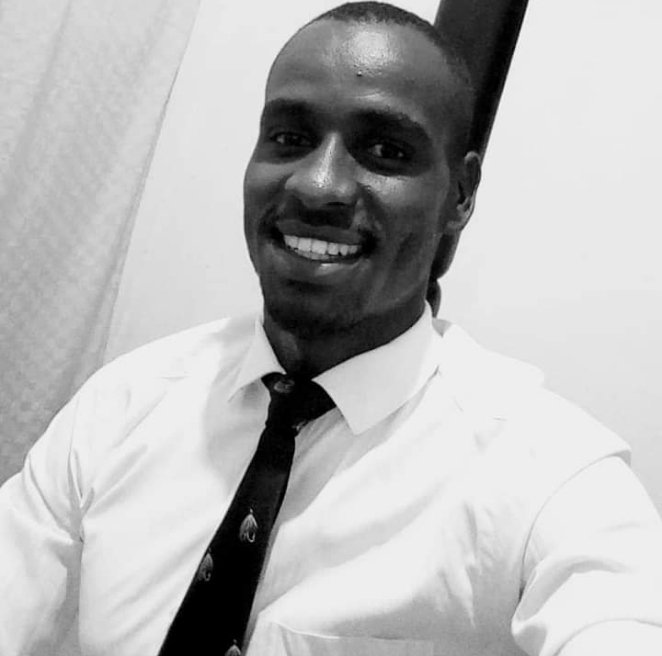
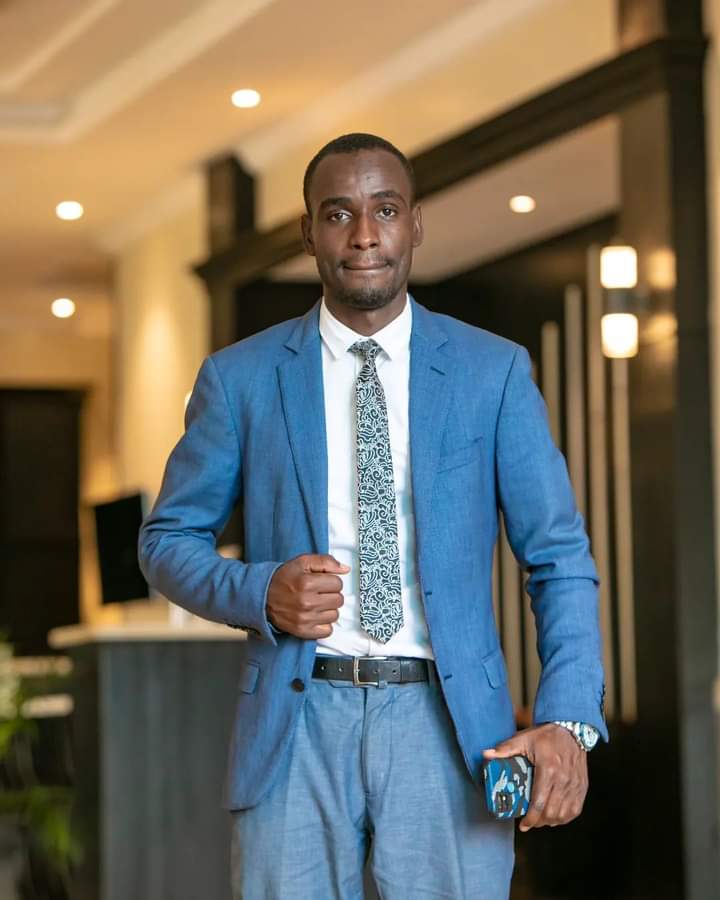
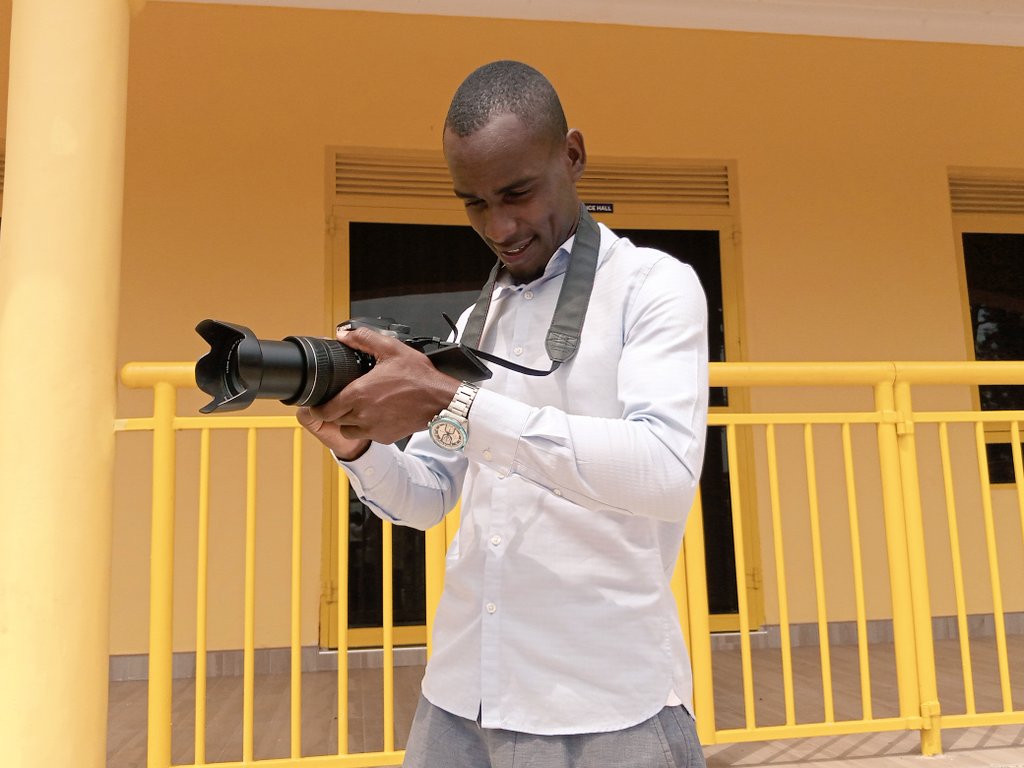
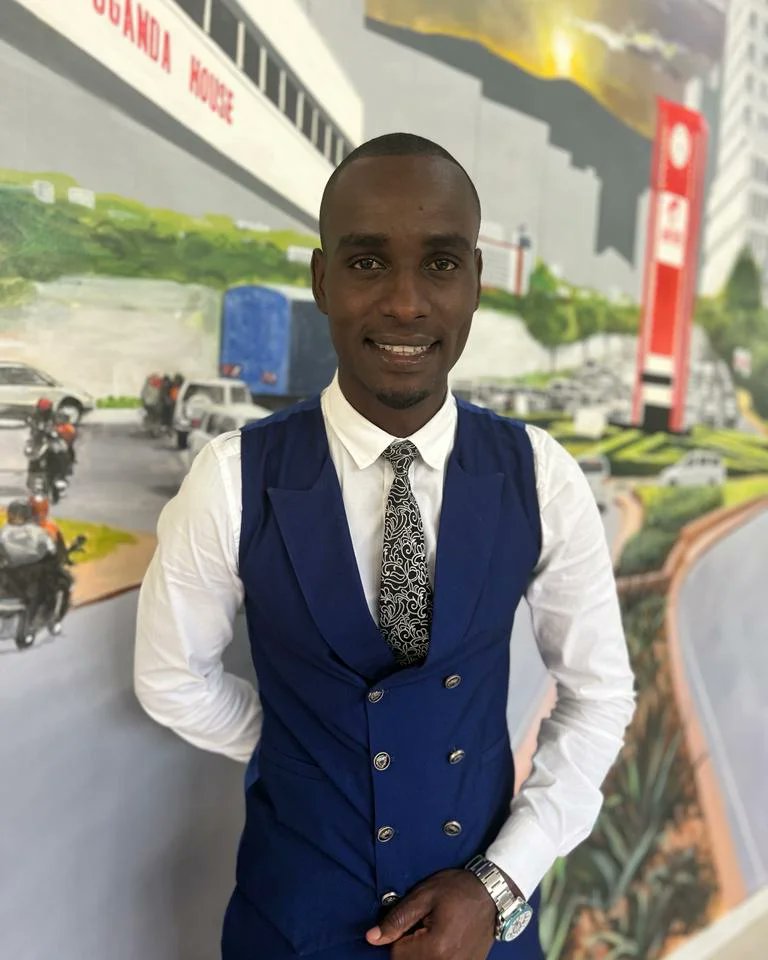
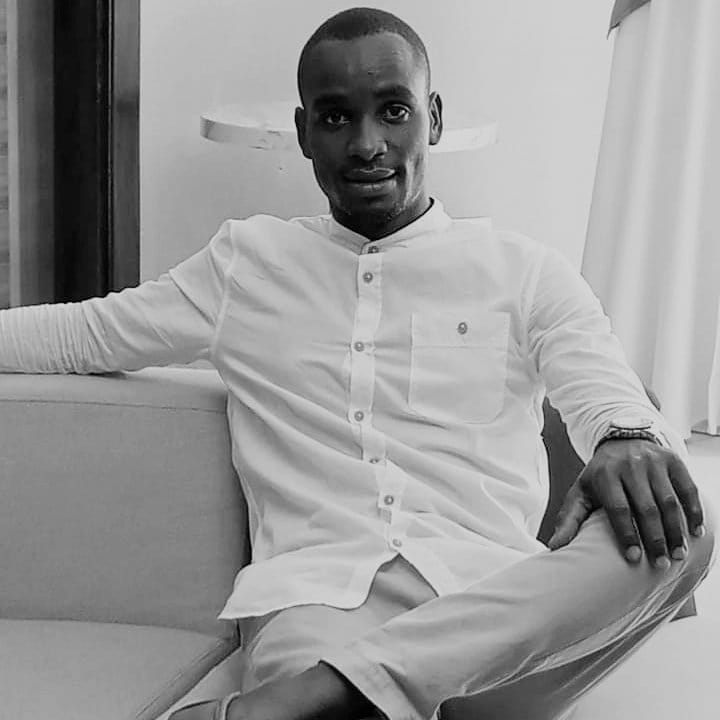
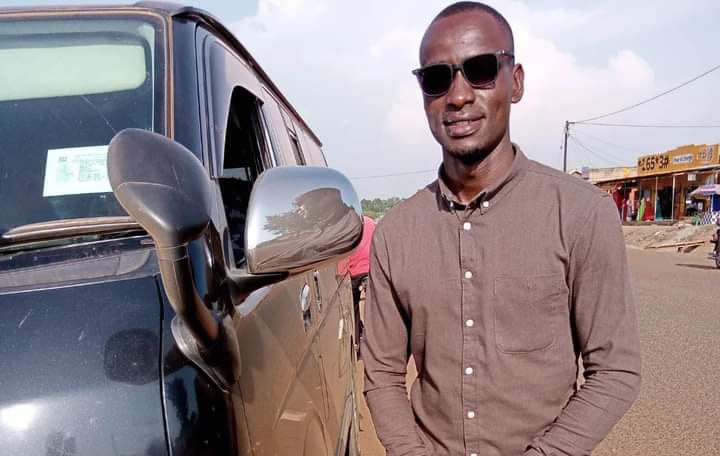
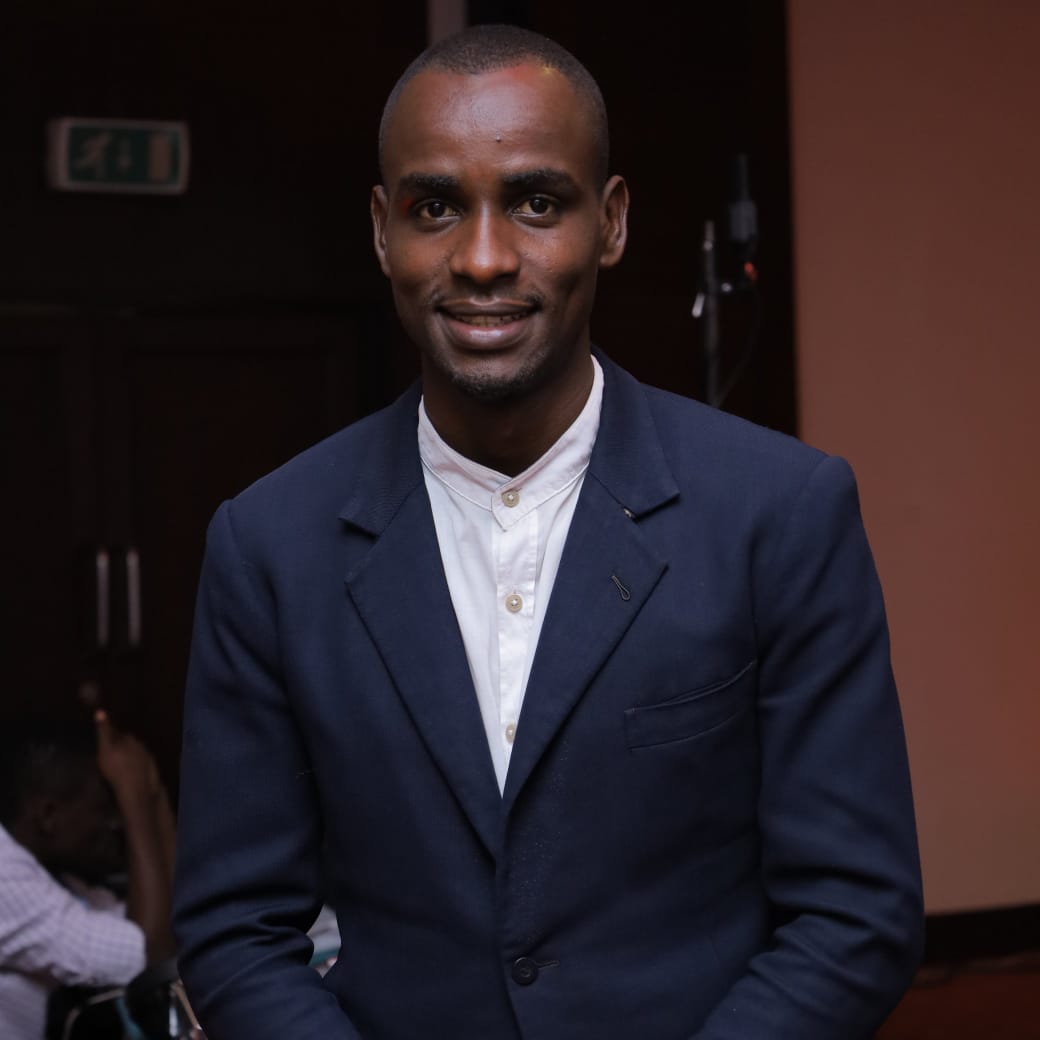
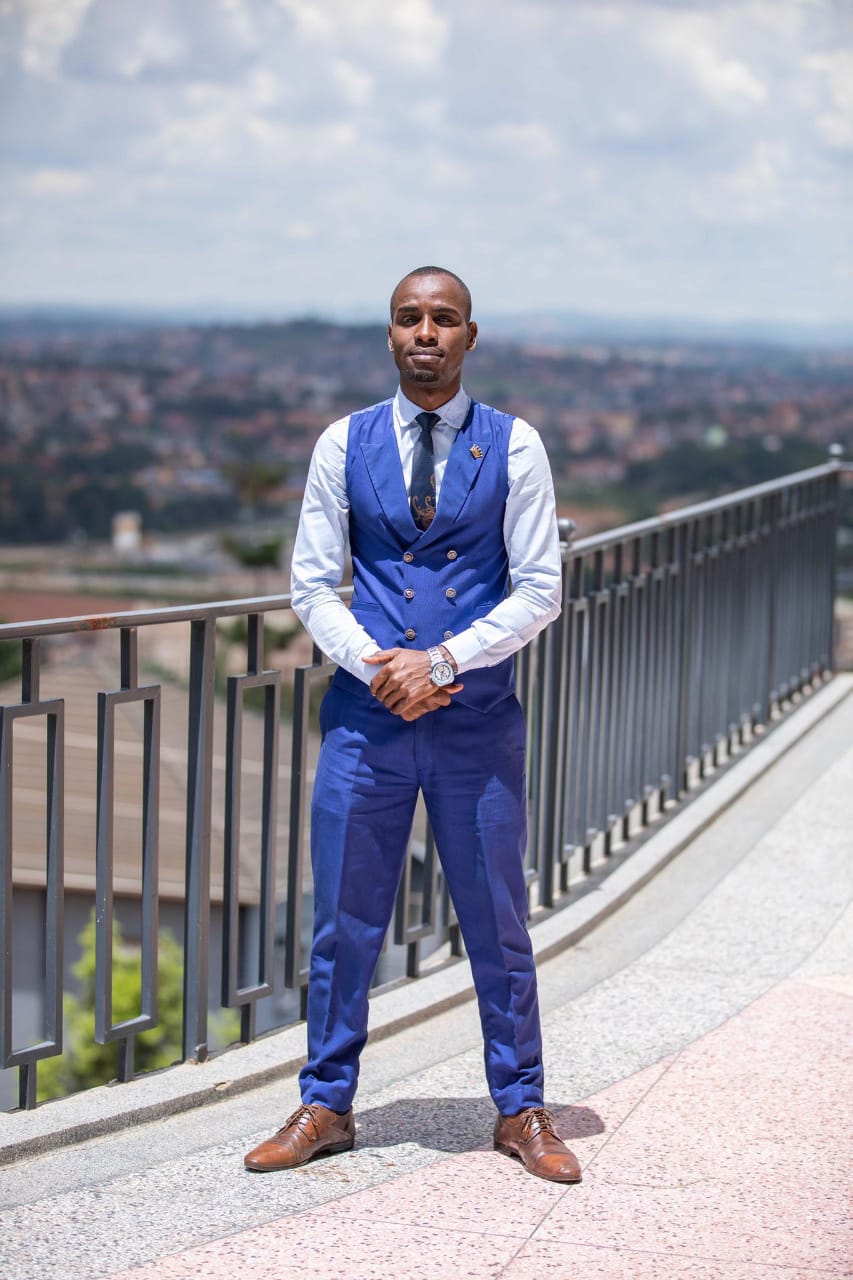
Fun facts about Joshua Kagoro
We asked Joshua Kagoro to tell us some interesting details about his personality and this is what he told us.
What are your hobbies?
I love football, basketball, and athletics. Arsenal (Thierry Henry made me love Arsenal), L.A Lakers, and Hussein Bolt and Shelly-Ann Fraser Pryce respectively. Music is therapy; I listen to all genres. Today’s R&B music is good, but my best song ever is from the years of yore: “Muchana” by Congolese legend Kanda bongoman. I love African history, so South African music (not the current one) helps me reflect on the early good days of Africa. I think Azana is doing well with her music. “Your Love” is my best song of hers.
Favorite songs, movies and series?
I love all Ugandan songs, especially the old ones. I’m a sound/sound bed lover. Every content I create, I always need to hear background sound/music. I love South African actress Thuso Mbedu, the one who featured in “Woman King.” “1994’s Redemption,” “2016’s Fences,” and “2013’s 12 Years a Slave” are some of my best movies. I still talk about the plight of an African man/family and how they overcome adversity and affliction. Brendah Fassie was underrated. Nelson Mandela is by far the most influential and greatest man who’s ever lived under the sun.
What amazes you or inspires plus what scares Joshua Kagoro?
I love and look up to everyone in the media who has done something applaudable. The one who featured in “Woman King” and so many others. I run away from women who bleach, even when she’s a relative. Such people don’t love who they are, and anyone should fear them unless it’s a skin/body disease. I respect them and associate with them at a distance. I also believe women should be loved, taken good care of, and supported for a billion reasons.
What do people not understand about Joshua Kagoro?
From S.1 to S.3, I used to walk over 20 km every day to school. I have stayed around people (even today) who think I have godfathers, and I join places of work because of the influence of big people in government and something like that. That’s not in any way near the truth. I have struggled and sacrificed a lot to be here, took myself back to school while at my casual job as a fuel/pump attendant (for four years) in Mukono. You may call it tunnel vision and financial discipline. I was true to my goals, stayed focused, and started pursuing my passion. I first worked for free for close to two years when I left Total Energies in 2022.
People who saw potential in me and recommended me for opportunities are strangers. We just met in Kampala; one is a Musoga, another is a Muganda. And they were initiated by my journalism journey. They tell me I haven’t disappointed them; they always say, “Well done, we are proud of you,” whenever they see my work. I know many big and successful people. Others, we share the same language; others know where I come from, and others I look up to. But, I don’t associate with them because I didn’t grow up like them. I have a totally different path of life, so it’s hard to bond. I’m from a humble cattle-keeping family in one of the furthest villages in Uganda.
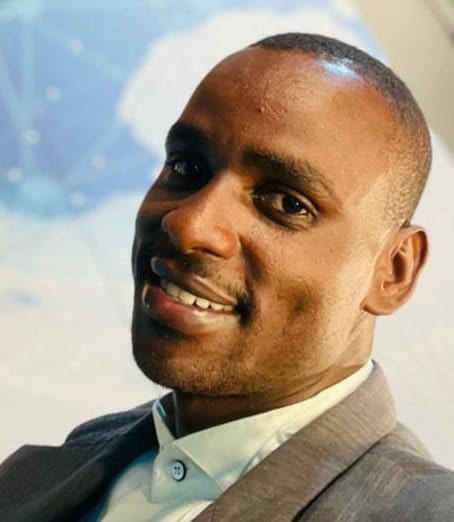
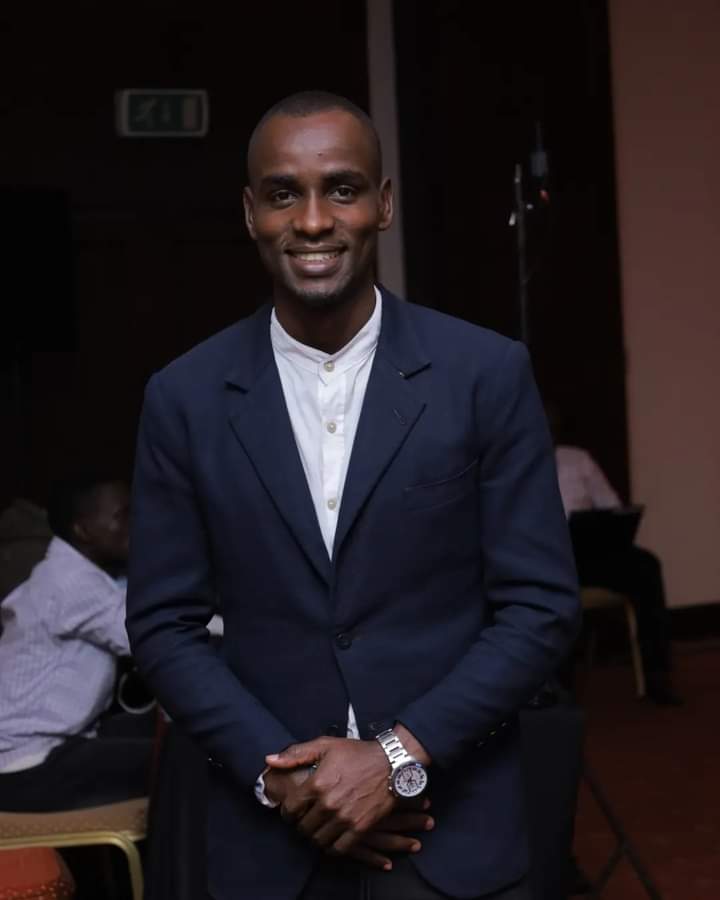
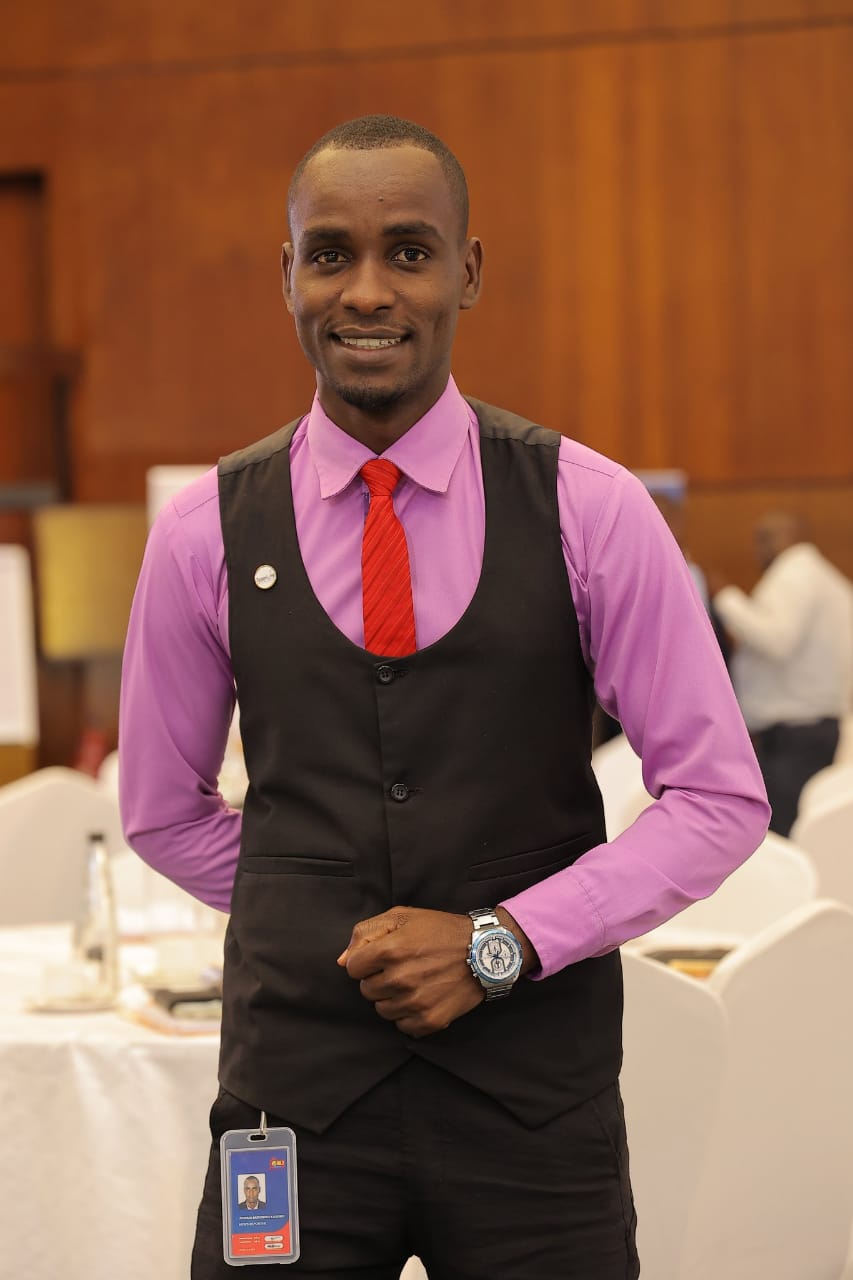
What values does Kagoro Joshua stand by and what does he think about corruption and tribalism?
I respect my values and what I believe in. I’m a different species. I don’t believe that we should all agree on a particular thing or do things the same way. I believe one person can be right and ten wrong. There is stinky tribalism everywhere and in places of work; it is inestimably visible. There is too much corruption; it is walking in broad daylight, and it is utterly indefensible. And apparently, fighting it is a crime. People are partly impoverished because of crooked, thieving throngs of (mis)leaders. We gave up and are waiting for God’s intervention. As young people, we have not mastered the art of selflessness, love, kindness, emotional intelligence, and perhaps the purpose of life. That’s why we easily judge, betray, disrespect, abuse, and let others starve.
Are you where you intend to be?
Where I am right now is a goal, not a dream, and working to achieve that dream. But I thank God; this is God’s will because not everyone is where I am and has the opportunity I have. I’m a cultured modern youth; I don’t celebrate birthdays, Valentine’s Day, and these other days. To me, it’s a waste of time and resources. I think celebrating love and life should be done every day in a different way. But does that mean I don’t support those who do? No!
What does Family mean to Joshua Kagoro?
I love family, so companionship is something I value. I think soonest, from the friends available, I will get a life companion. There is a general ignorance of the role of the family. There should be critical reflection on the worth of the family. Family is the beating heart of success. We should get a better sense of the family’s history and mystery.
According to Joshua Kagoro, what things make Africa such a poor continent?
Africa, with our vibrant cultural legacy, diverse ethnicities, natural beauty, vast tourist attractions and land, rich mineral reservoir, vast population, we still have the poorest people in the world. Even leaders (politicians) have not done much. The most astonishing thing was a few years ago when a young lady was brought to my workplace to start working. However, she had no skills, no knowledge about the profession, but she had a contract. She was going to earn immediately in an environment that had a number of hardworking and competent employees with no contracts. The rest of us had worked for some good time. The absurdity part of it, she was meant to be trained and helped by us who never had contracts. How that feels, you can tell.


